Can Dogs Eat Olives? The Health Benefits & Risks Explained
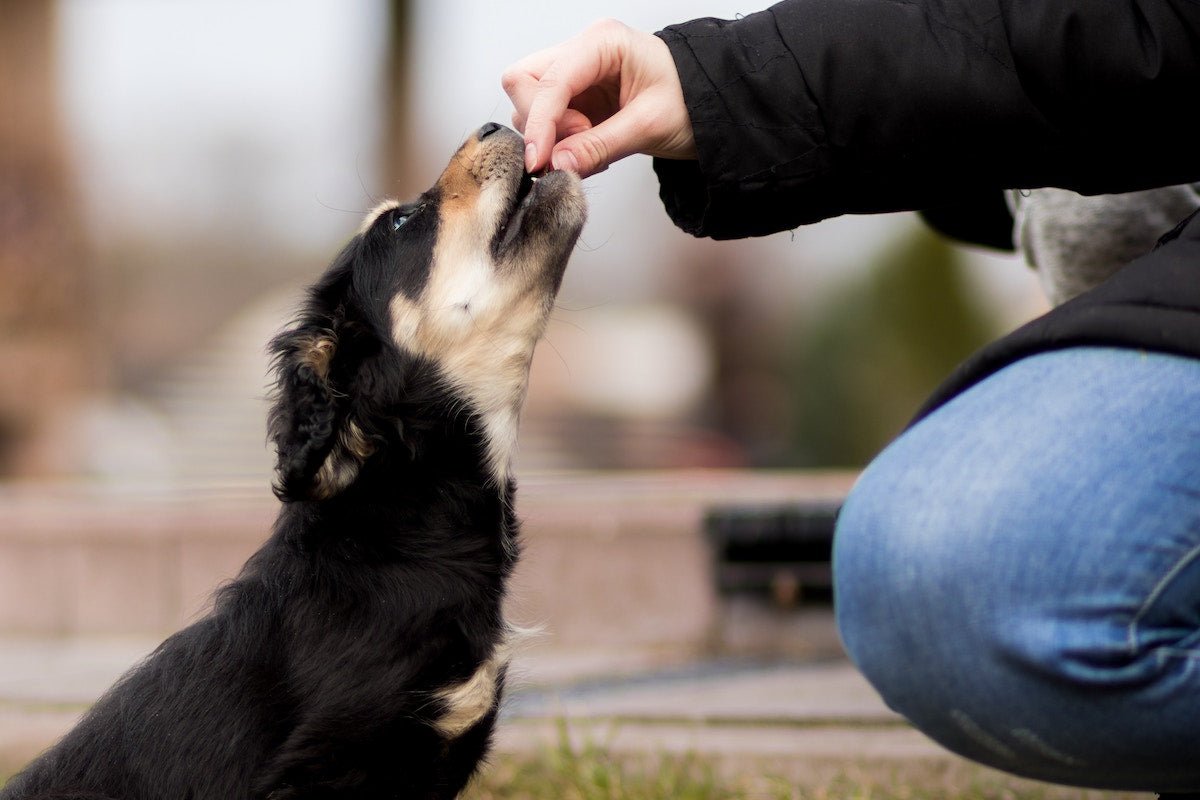
As loving parents for our fur babies, we're often curious about what foods are safe and healthy for our pets. Items like grapes and chocolate are no-go's, so we are always nervous about our pups getting ahold of something that could make them sick.
As producers of Texas Olive Oil, balsamic vinegar, and table olives, we often get questions like "can dogs eat olives? Or "are olives bad for dogs?" So we've decided to really break down the topic for you, and cover the following:
- The Nutritional benefits of olives
- If dogs can safely eat them
- The best types of olives for your pets
- How to safely incorporate them into your dog's diet
So let's get started and find out to make olives a healthy treat for your four-legged friend!
Can Dogs Eat Olives?
Good news... the short answer: yes! Olives are not toxic to dogs and are safe to eat in moderation. In fact, many commercial dog food contains olives as an ingredient! That's because the health benefits of olives are endless, as they contain several vitamins, healthy fats, fatty acids, and minerals that are beneficial to dogs, including:
- Antioxidants: Olives contain antioxidants such as vitamin E and polyphenols, which can help reduce inflammation and prevent cell damage in dogs. The antioxidants can also help support a healthy immune system and protect dogs against diseases.
- Monounsaturated fats: These fats are essential for maintaining a healthy skin and coat for dogs. These are the good fats your dog needs, and your dog's skin health is important to keep an eye on! The monounsaturated fats found in olives can also help reduce the risk of heart disease in dogs by promoting healthy cholesterol levels.
- Fiber: Olives are also a good source of fiber, which can help with digestion and prevent constipation in dogs.
- Vitamins and minerals: Olives are rich in vitamins A, E, K, and B complex, as well as minerals such as iron, calcium, and magnesium, which are all essential nutrients for a healthy dog and great for your dog's immune system.
- Low calorie: Olives are low in calories and can be a great treat option for dogs who need to maintain a healthy weight, or if you're worried about canine weight gain.
- Polyphenols: The polyphenols found in olives can help reduce inflammation in dogs and may help alleviate joint pain.
 Which Types of Olives and Olive Oil Should I Use?
Which Types of Olives and Olive Oil Should I Use?
When it comes to choosing olives or olive oil for your canine companion, it's important to select high-quality products that are free from preservatives and additives. Extra-virgin olive oil is the best choice as it is the purest and highest quality form of olive oil.
Look for a brand that is cold-pressed and has a deep green color, as this indicates that the olives were harvested at the peak of ripeness. We also recommend using a delicate oil that is not infused to ensure that nothing will irritate your furry friend's stomach.
As for olives, it's best to choose plain olives. Unsalted olives with no added flavors or additional ingredients are the way to go. We also suggest staying away from stuffed olives, and sticking with the classics.
If the olives you have handy contain too much sodium or seasonings, give them a good wash before serving to your pet. For example, we love to keep our Sicilian Olives handy at home, but the flavors aren't ideal for dogs. When we want to give our dog a bite, we remove the pit and rinse thoroughly first!
Of course fresh olives are the best option. Even more specifically, green olives and black olives are both good options and safe for our furry friends.
 How to Incorporate Olives into Your Dog's Diet
How to Incorporate Olives into Your Dog's Diet
Now that we know the benefits of olives for dogs, it's time to learn how to incorporate them into your dog's diet.
Before feeding olives to your dog, it is important to note that they should be given in moderation and in small quantities. Olives contain a high sodium content, so it is essential to limit the amount of olives you give to your dog. They often still contain their pits, so make sure pits are removed before serving to your pup.
Here are some ways to incorporate olives into your dog's diet:
- As a Treat: Olives can be used as an occasional good treat for dogs. You can give your dog one or two olives as a snack throughout the day, but serve them in small amounts.
- Mixed with Dog Food: You can mix olives with your dog's regular food to add flavor and nutrients. Just be sure to limit the amount you add, as too many olives can cause an upset stomach.
- Homemade Treats: You can also make homemade dog treats using olives, or even olive oil as an ingredient. There are many recipes available online that use olives as an ingredient!
- Olive Oil: Olive oil is also a great and easy way to incorporate the health benefits of olives into your dog's diet. You can add a teaspoon of olive oil to your dog's food once or twice a week to promote healthy skin and coat.
As with any new food, especially human foods, it's always a good idea to introduce olives slowly into your dog's diet and watch for any signs of digestive upset.
What Are The Potential Risks If My Dog Eats Olives?
The term everything in moderation is extremely relevant when we're talking about giving dogs olives and olive oil. We highly suggest slowly introducing this new food in small amounts to your dog's diet to make sure that it agrees with your furry friend.
Start with a small piece, and work your way up. While olives are safe for dogs, some dogs may have allergies or sensitivities to certain foods. You want to keep an eye out for adverse reactions, such as vomiting and diarrhea.
As we previously mentioned, olives contain high levels of sodium as well as fat. That much salt can be a health risk to dogs that have health conditions such as high blood pressure, sensitive stomachs, and other health issues. Too much fat can also lead to pancreatitis, a condition in which the pancreas becomes inflamed and unable to function properly.
If your dog has a history of pancreatitis or has been advised by a veterinarian to avoid high-fat foods, then olives should be avoided. As always, it's important to consult with your veterinarian before making any significant changes to your dog's diet.
Additionally, the olive pits are a potential choking hazard, so we highly suggest buying olives without pits, or removing the pits before serving.
 Keep Raising Healthy Dogs with Texas Olive Oil and Olives
Keep Raising Healthy Dogs with Texas Olive Oil and Olives
We are thrilled that our favorite healthy olives are also a safe delicacy for dogs to eat, and that as a bonus they offer several health benefits. They are a great source of antioxidants, monounsaturated fats, fiber, vitamins, and minerals. Incorporating olives into your dog's diet can help improve their digestion, immune system, skin, and coat, and reduce inflammation.
We just want to reinforce that when feeding your dog olives or olive oil, it is important to do so in moderation and choose high-quality products. Always monitor your dog for any adverse reactions and consult with your veterinarian if you have any concerns.
Remember, a healthy diet is essential for your dog's overall health and well-being. While a couple of olives as an occasional snack or meal addition can be a healthy and tasty treat for your dog, they should never be a substitute for a balanced and complete diet. Your pet's diet is hugely important - so always carefully consider what's best for your dog!
So, next time you're snacking on some olives, feel free to share a few with your furry friend! Trust us, they'll thank you for it - likely with lots of olive-flavored kisses.


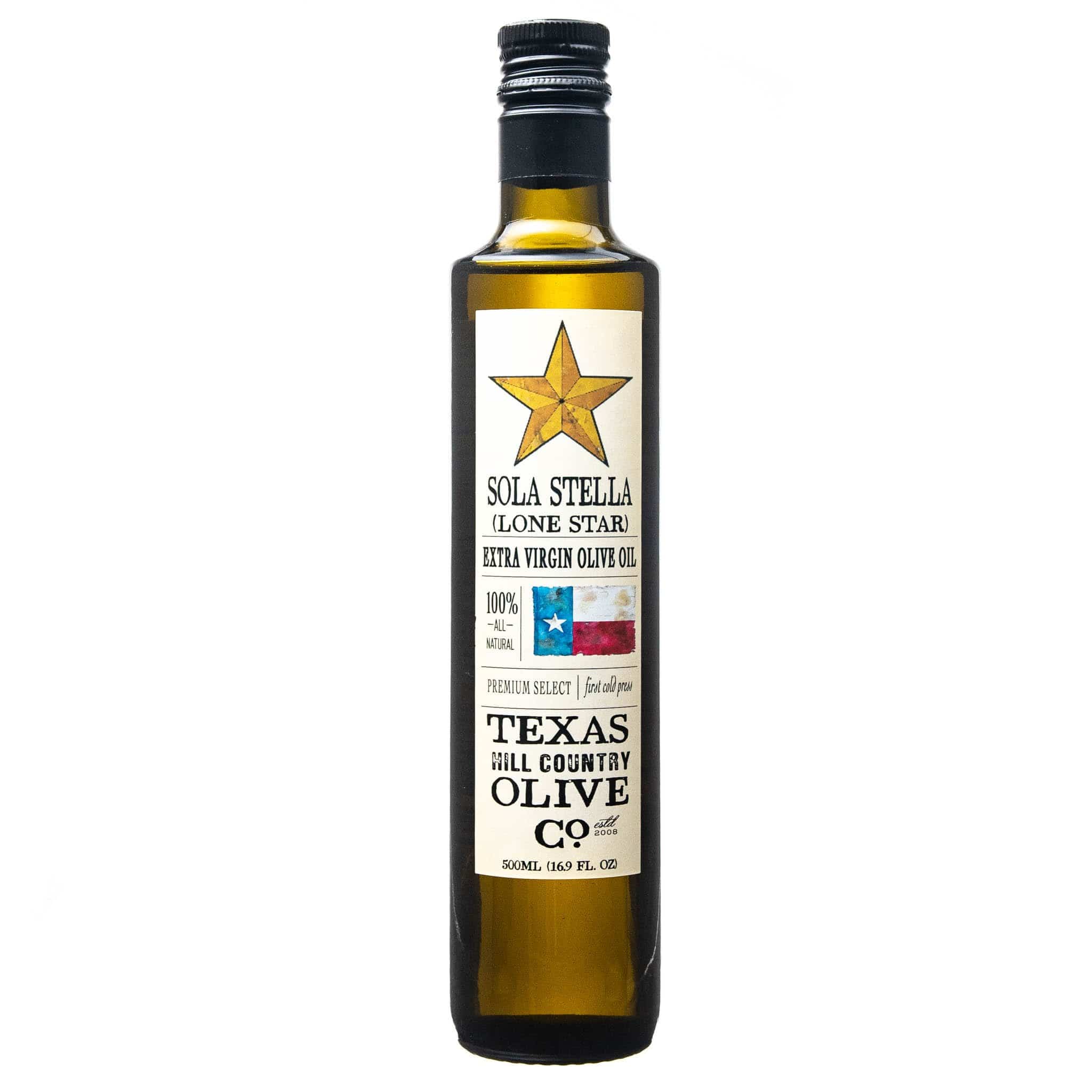
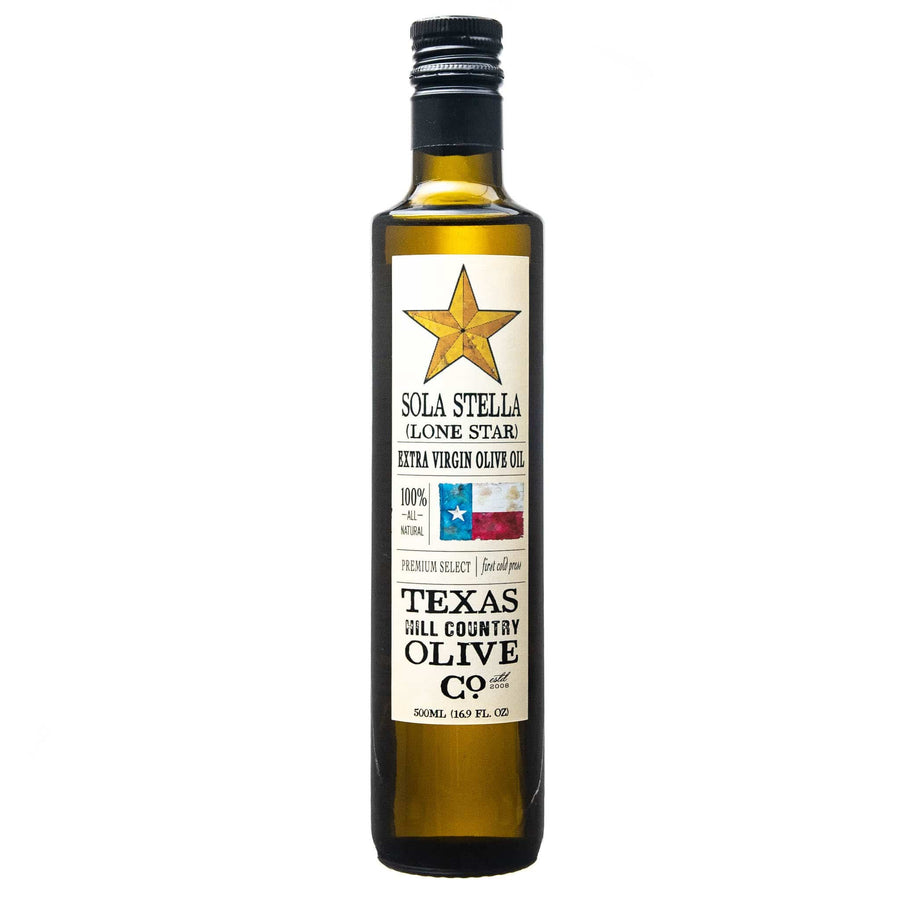
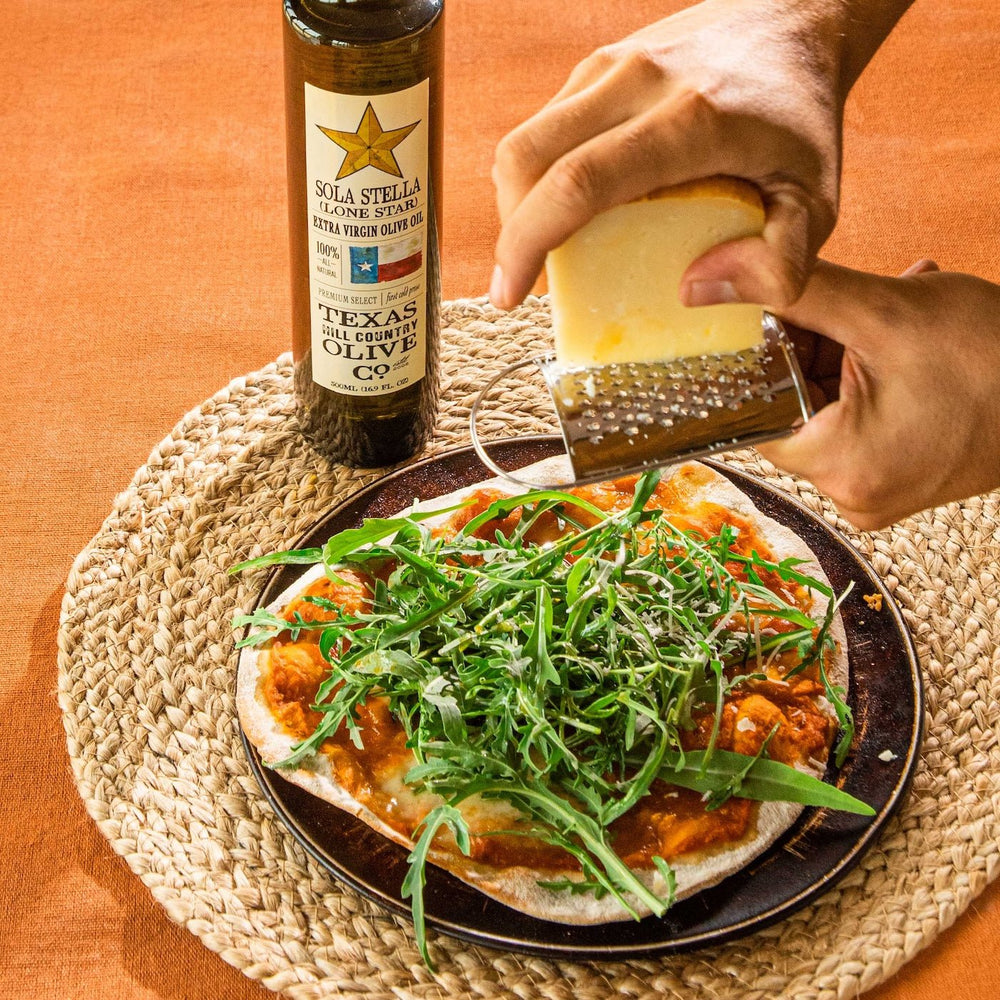
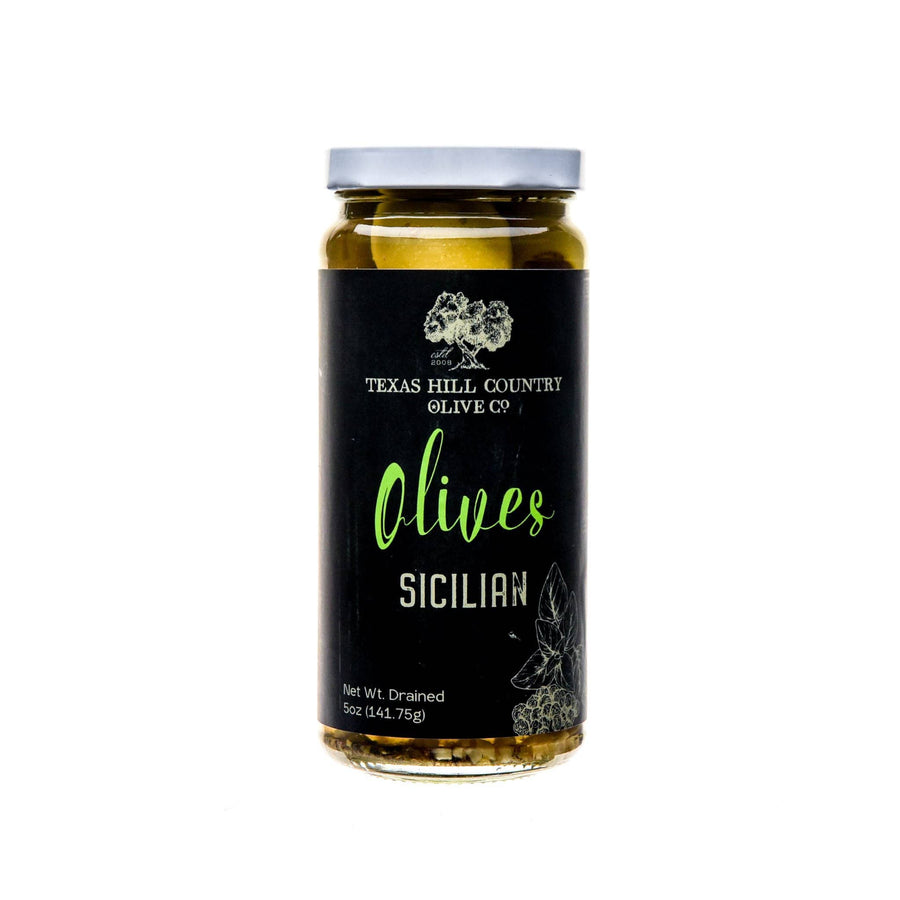
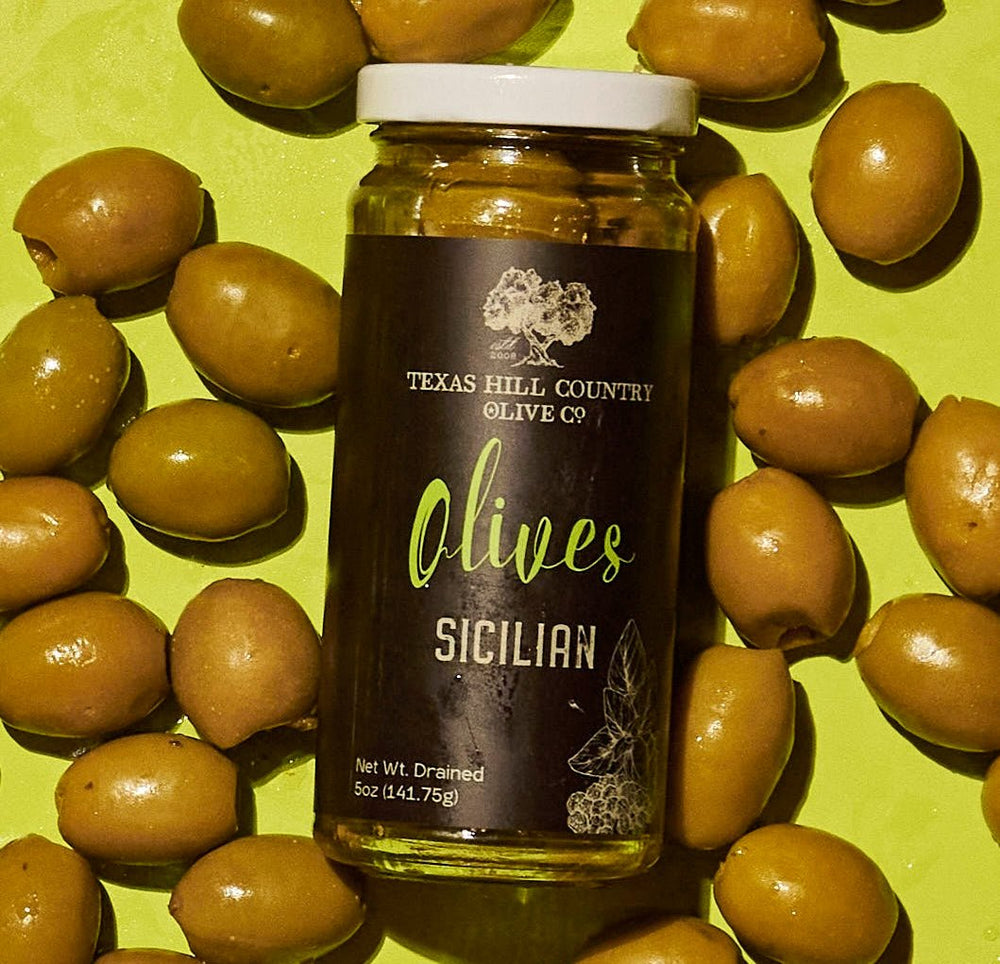


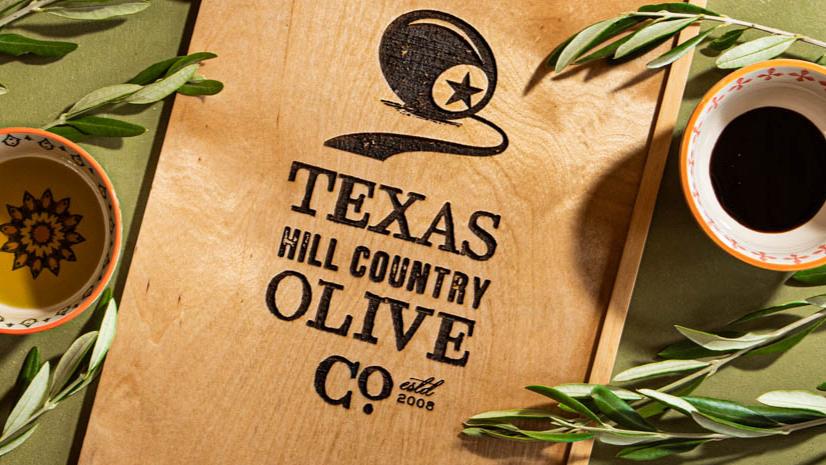


Leave a comment